★ | A dog’s breakfast
If live-action lions weren’t enough, Cruella dips into the even more obscure as Disney continues to mine its vault for remakes. Landing with the grace of a wounded vulture, it’s an ugly, mean-spirited, and soulless product only fit for a passing curiosity. So naturally, it’s going to make millions at the box office.
Set in London in the 1970s, Cruella begins with the birth of its leading lady. Born with black and white hair as Estella, a young woman with a personality disorder that the film comes to treat as a plot device. On the surface, Estella is kind and gracious and tries her best against a cold and unforgiving world. But bubbling under the surface is Cruella, a vicious, vindictive, and demented villain who enjoys tormenting others.
When Cruella’s behavior forces her mother to pack their things and leave their home, Estella vows to keep her mental illness at bay. But tragedy strikes and our young heroine finds herself alone on the streets of London and forced to steal for a living. She strikes up a makeshift family with two street urchins, Jasper and Horace, with whom she builds a new family. That is, until Estella stumbles into working as a clothing designer for The Baroness, a ruthless magnate single-handedly dominating the cultural landscape, who has ties to Estella’s past.
Cruella begins as your typical origin story, turns to whimsical buddy-comedy turned rags-to-riches princess send up, and rounds up for a Joker-level pastiche. Eventually, it settles for down as a The Devil Wears Prada spinoff that overstays its welcome.
The broad performances certainly don’t help. Emma Stone is a hugely talented actor, but she’s hopelessly lost as Cruella. From her twangy English accent (“dahlin’!”) to her shameless mugging on the runway, it’s a performance designed to look great without providing any depth. Her costumes are immaculate, and Stone enjoys herself throughout, but it’s all made for trailers and reaction GIFs – not a feature film with a plot. But if you like screaming “Yass queen” at the drop of a hat, it’s like Christmas came early.
The same goes for Emma Thompson, playing the villain of the piece. One of the greatest actors of our time, Thompson never gives anything but her best. She has a blast in the hammy part, but The Baroness is Miranda Priestley 2.0, right down to the ticks and complaints.
Cruella ups the cruelty by allowing Thompson to go hog-wild with physical abuse on her staff, which the film plays up for laughs instead of horror. She tasers maids, nearly blinds waiters, and neither Thompson nor the film can decide just which side of the line they’re on. The material isn’t outrageous enough for satire or grounded enough to make a point. It just is, and what a waste that is.
Somewhat better are Joel Fry and Jon McCrea as members of Cruella’s gang. Fry brings much-needed levity and gravitas to the messy tone, deftly balancing the lighthearted banter and darker tones with ease. McCrea is charming as the scenery-chewing Arty, a flamboyant designer who Disney wastes no time packaging and selling for profit — for the seventh time, no less.
There’s very little Cruella doesn’t package and sell for a quick dollar. So, like Hot Topic years before, it hordes in on the Cultural Revolution of those who fought for it and rebrands it before you can say, “there’s something deeply problematic about all this.”
That’s because Cruella isn’t actually about anything. It’s a tacky girlboss remix of better films vying for easy recognition. Because of that, it can’t even decide who it wants as its lead. It’s undoubtedly not Cruella who spends most of the time posing in extravagant costumes while pontificating the necessity of her revenge. It’s not Estella either, as she’s barely a character in her film, quickly discarded about halfway through.
Cruella can’t decide if it’s an origin story for a hero, anti-hero, or outright villain. From the outset, the film establishes Estella and Cruella as two different characters, and the script by Tony McNamara and Dana Fox treats them as such. Unfortunately, this means that Cruella has a dissociative personality disorder, which the film utilizes as a MacGuffin. Right down to the point where she can switch between personalities as if it were a superpower.
Between scenes, Cruella goes from murderous wraith to working-class hero, almost as if Disney didn’t want to pick a portrayal that could potentially offend. Even the big fashion fight that takes up most of the runtime is limp. The film expects us to root for Cruella and her faux-punk-rock aesthetic, but it’s like watching two corporations fight amongst each other. None of this fashion represents reality, and certainly not minorities of any kind. Cruella isn’t an outcast, even as the film pretends as if her black and white hair somehow makes her one. Everyone, in the end, is wealthy, lily-white, and powerful.
Occasionally, Cruella remembers its origins in established material. But these moments are passing, and certainly not above lazy references. Dalmatians appear in numerous scenes, and there’s a particularly groan-worthy explanation for the puppy-coat that makes no sense in the context of the film. It’s there to satisfy the folks who are old enough to remember the animated movie. There is naturally a promise of a sequel, which feels more of an obligation than a necessity.
If only Cruella were just casually lazy, it could idly coast from one ear to the next without leaving much of a memory. But it’s almost alarming how malicious and toxic the whole thing feels. There’s a constant and dismissively hateful attitude towards mental health and body-shaming, both of which come to Cruella as naturally as breathing. For example, the talented Paul Walter Hauser, cast as the hapless sad sack whose childlike mental capabilities serve as underhanded gags. Between moping over spilled cereal and his difficulty in parsing basic conversation, the entire character is a bizarre relic of hateful 90s values.
Hauser gives it his all, but I felt heartbroken watching a talented actor humiliate himself for such a disdainful part where the punchline always tends to be that he’s overweight and stupid.
What’s worse is Cruella’s embrace of disdainful heteronormative tropes as it ties them to dated values. Stone and Fry both have agency and potential love interests; Hauser is infantilized and ostracized from both. Moreover, the much-publicized gay characters are entirely sexless beyond their overt David Bowie -esque glam facade, which by now reeks of the sexual equivalent to blackface.
On top of that, it throws in casual uses of derogatory terms for mental illness and POC characters serving as a literal narrative device to amplify white voices (in 1970s London!). Cruella reeks of ill-advised choices. Everything is sterile and manufactured, despite the film often reaching for DC Comics -style edginess.
Cruella looks expensive, and everything from the costumes to the set design is gorgeous. How could it not? Cruella needs to be the next Harley Quinn for the House of Mouse, with a Disney-sized budget behind it. But where DC’s only good film of the last half-decade succeeded in injecting life to dated tropes, Cruella smothers any goodwill with ugly and cynical storytelling.
Funny enough, when Cruella first became a thing, I wondered how they’d approach a character whose defining trait is the desire to skin puppies for a coat. Having seen the result, I can’t help but feel we went from the fire into the frying pan.


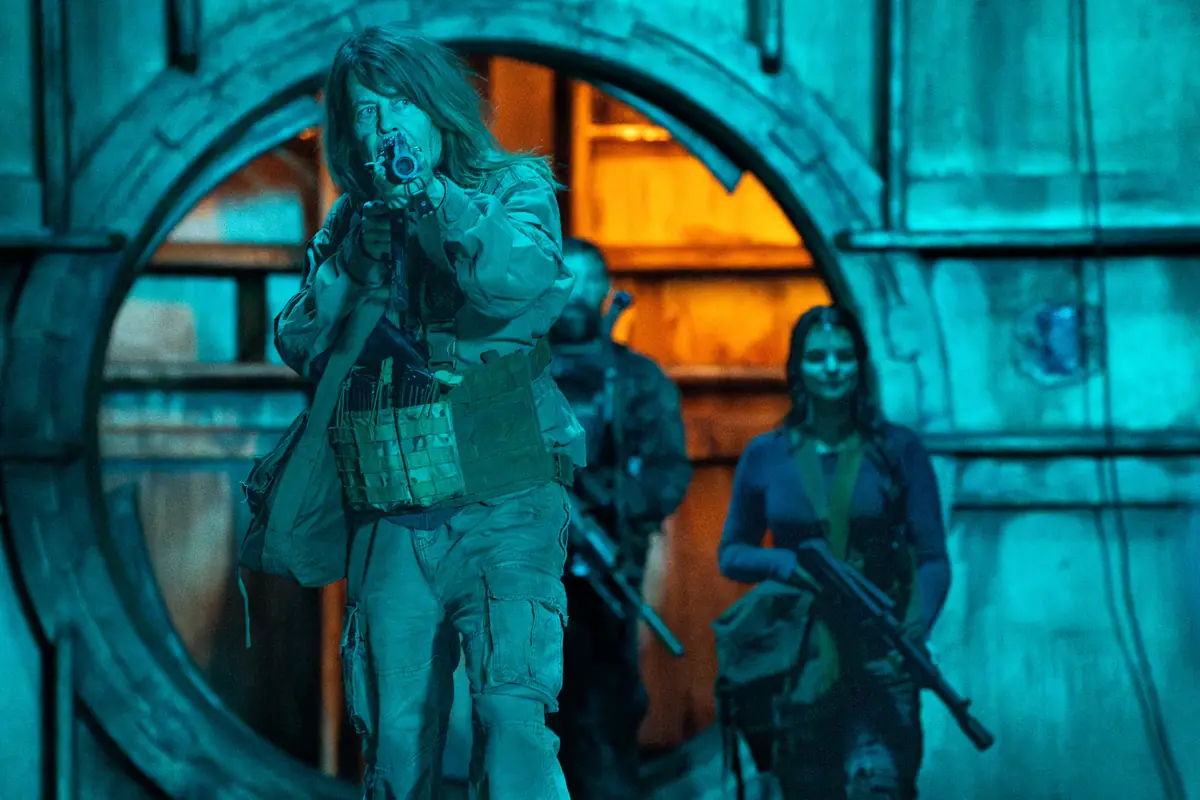

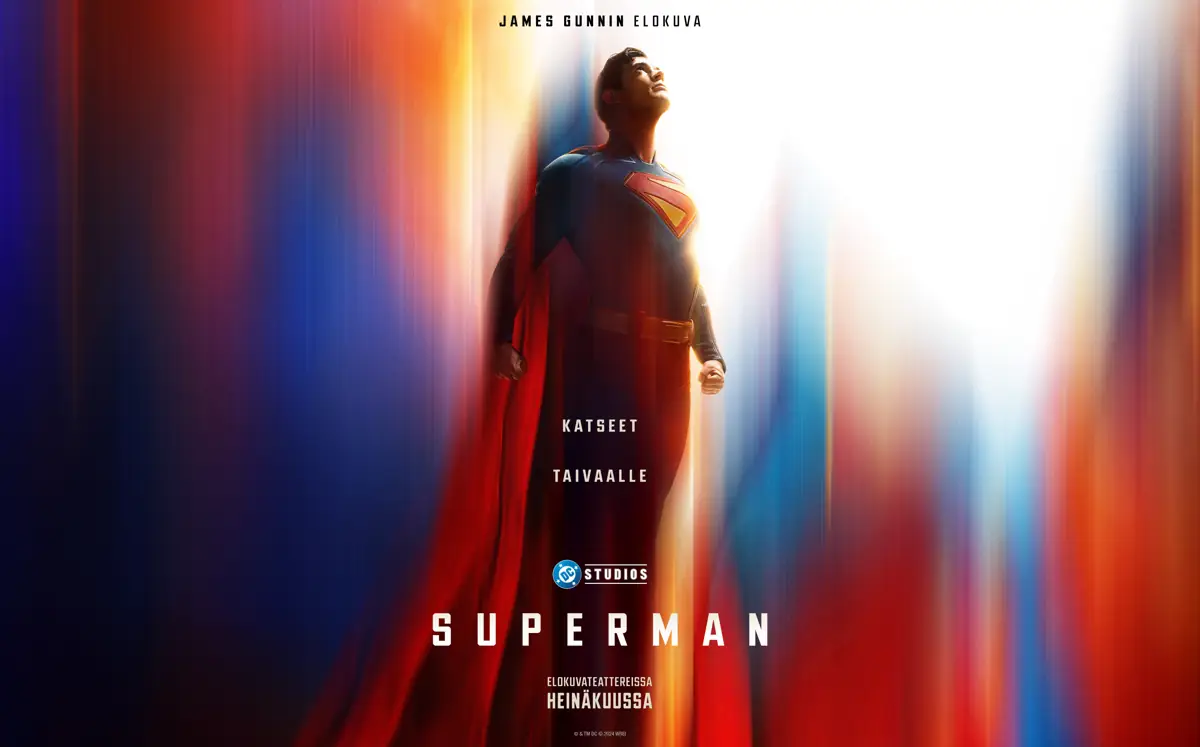

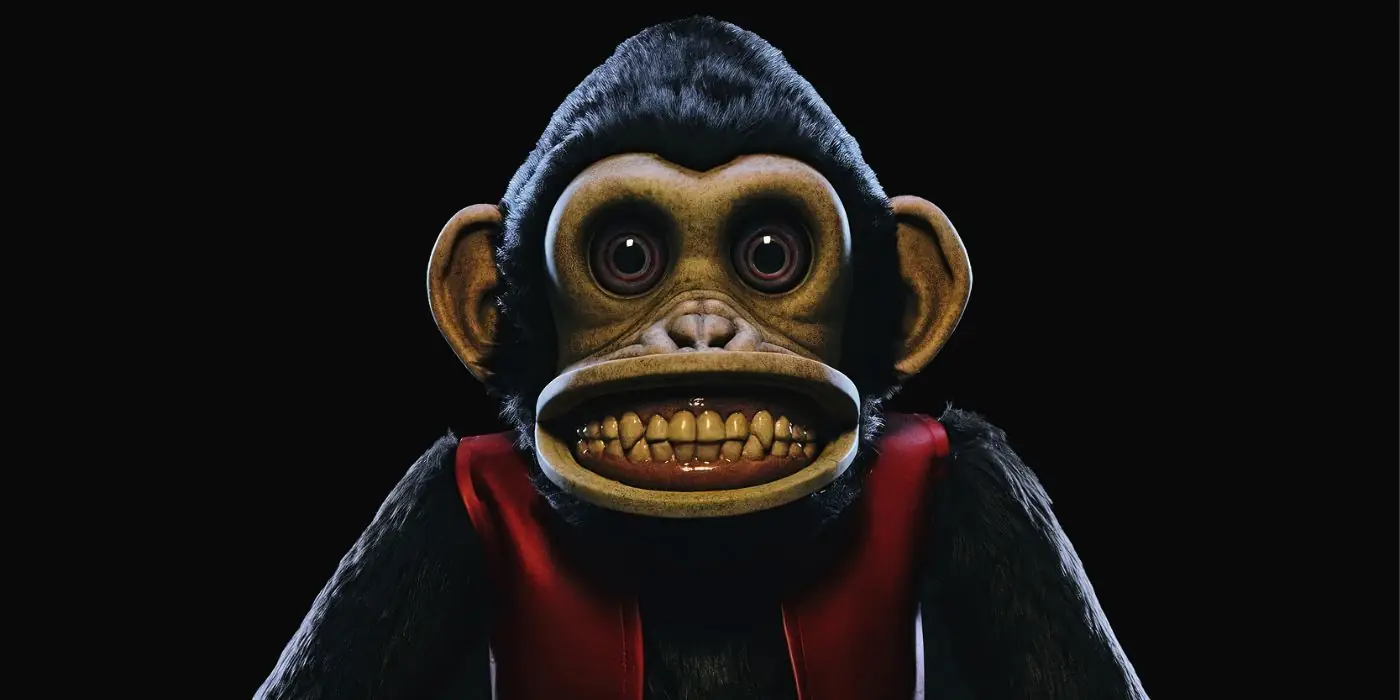
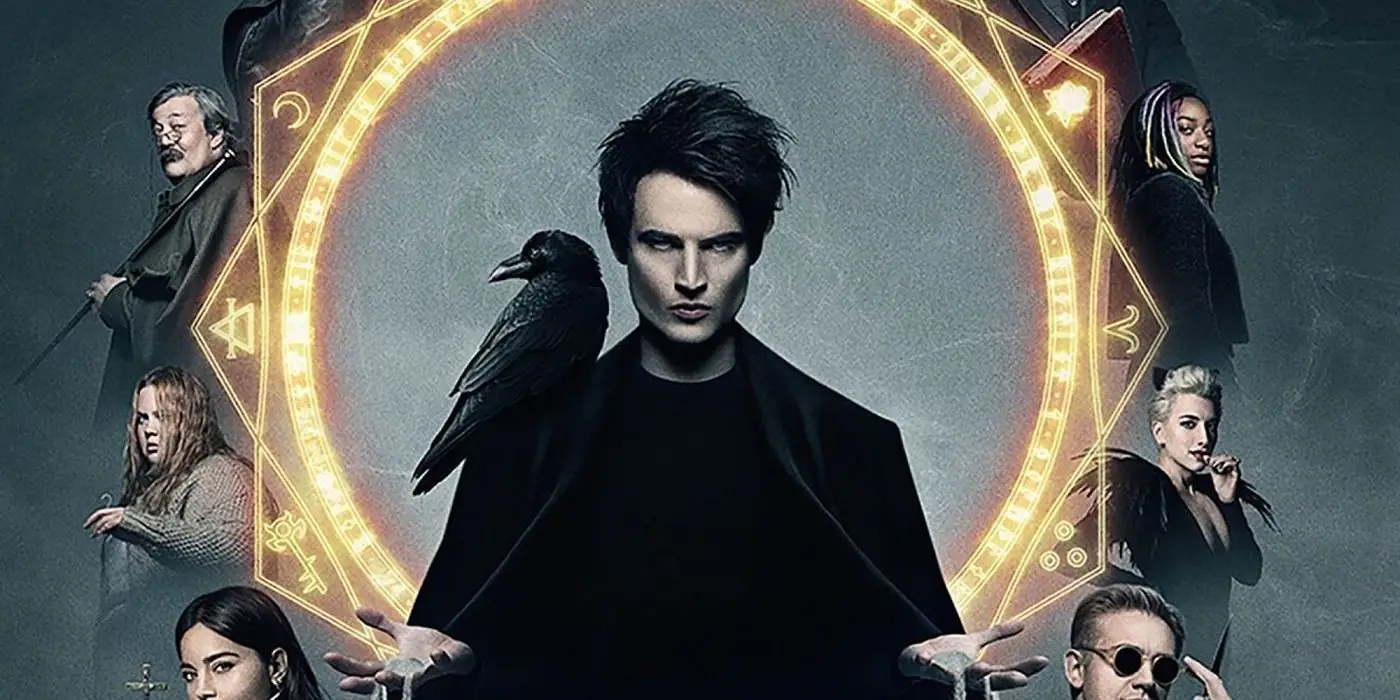
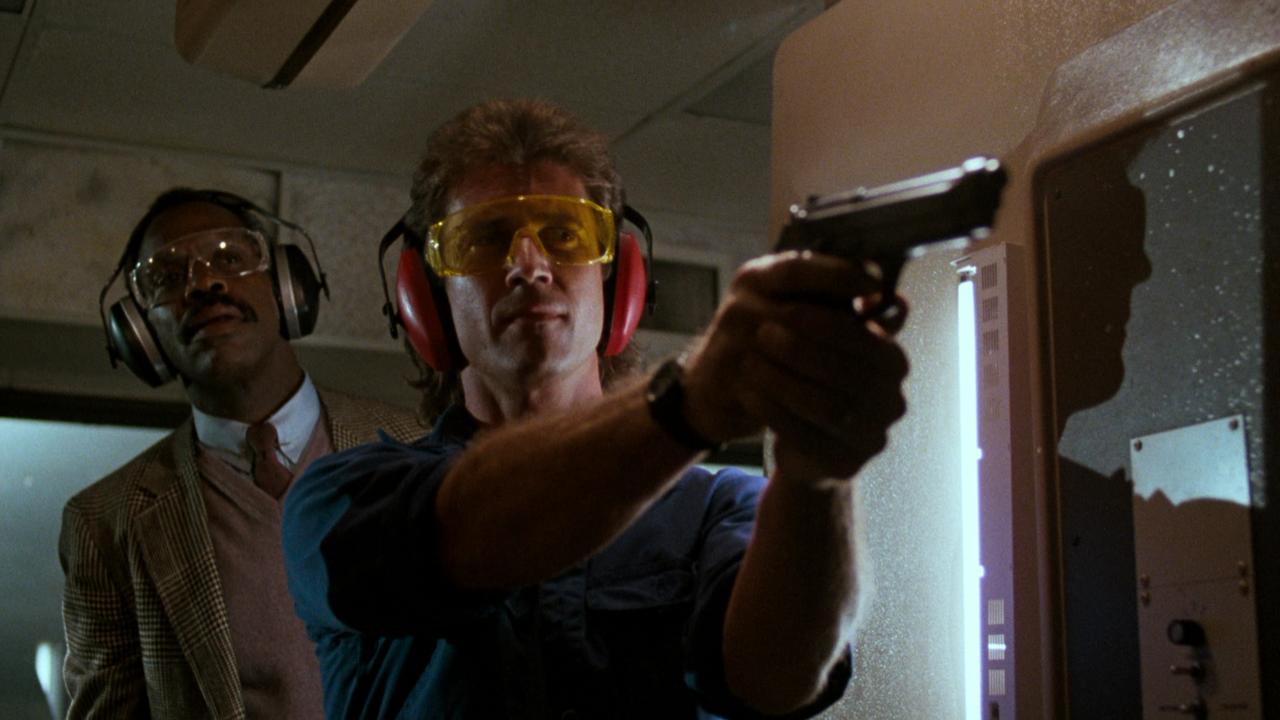

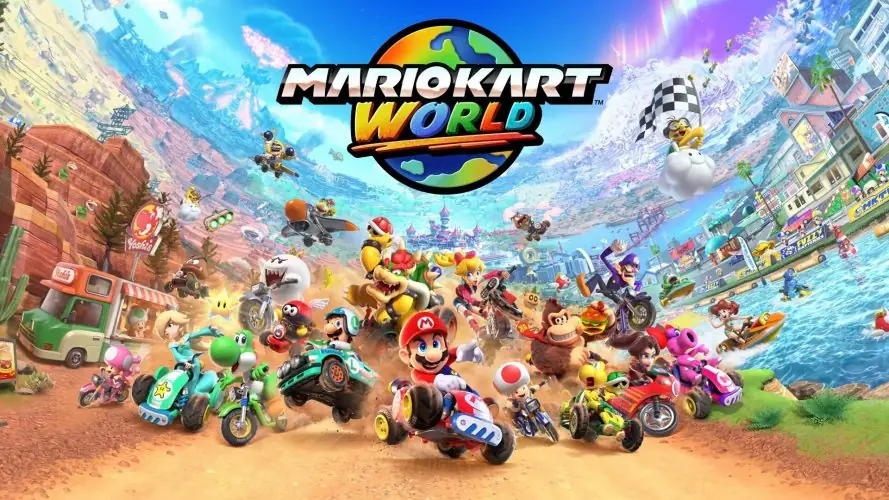
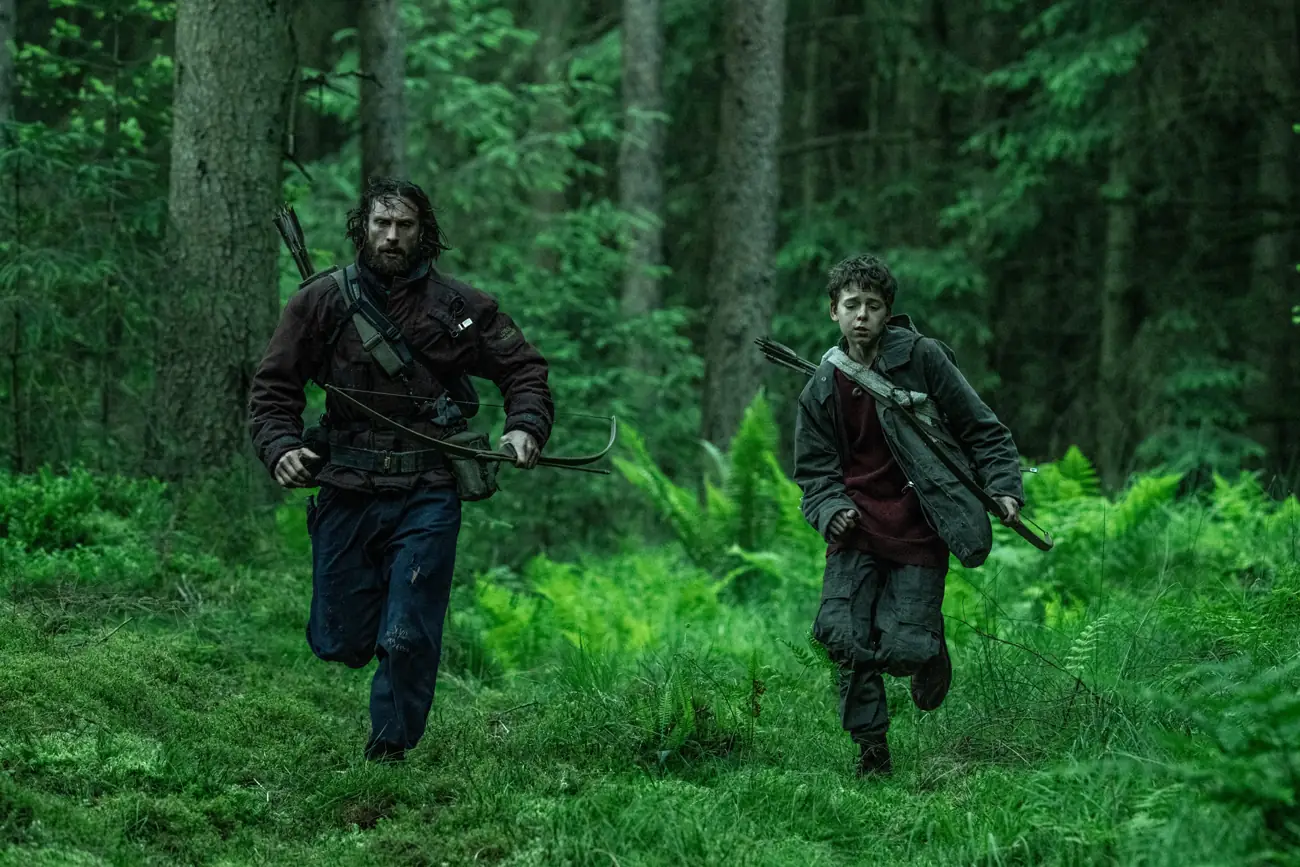

Discussion